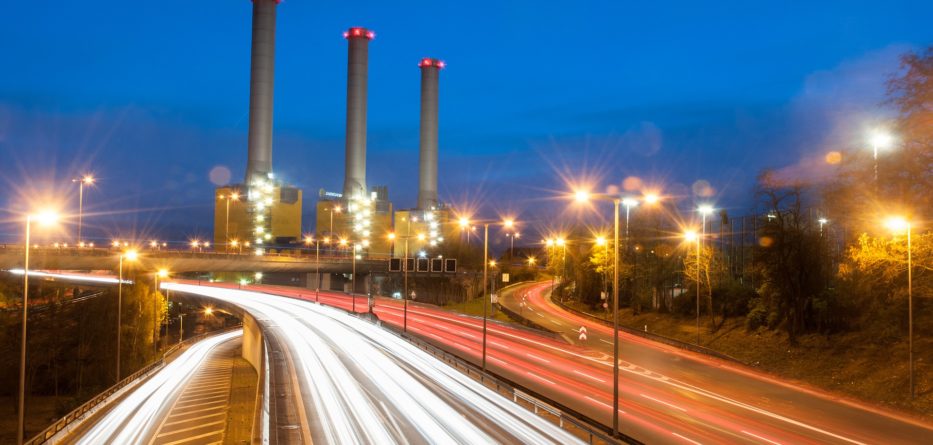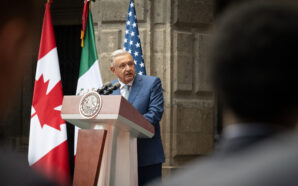Berlin – The possibility of imposing a speed limit on German motorways divides the Government and citizens in times of concern about climate change, although two-thirds of Germans are in favor.
According to a recent survey by the Civey institute, only 31.1% of respondents are in favor of current regulations, which do not establish a general speed limit on highways, although in one third of that network there is, in practice, restrictions
There is no consensus as to the ceiling that should be imposed; 40% of respondents opt for 130 kilometers per hour, but almost 12% claim a higher limit and 11% would prefer to set it at 120 per hour.
Public opinion, however, is not reflected in the Bundestag (German Parliament), which last October rejected by an overwhelming majority of 498 votes against and 126 in favor a proposal from The Greens to set a maximum limit of 130 kilometers per hour.
DIVISION IN THE GOVERNMENT COALITION
The newly elected presidency of the Social Democratic Party (SPD), the junior partner of the government coalition, called this month to the conservative block of the chancellor, Angela Merkel, to open up for discussion.
“A speed limit on our highways is good for climate protection, it serves safety and protects drivers’ nerves,” said SPD leader Saskia Esken, adding the issue to the agenda she wants to renegotiate with her partners.
The Minister of Transport, Andreas Scheuer, of the Bavarian Social Christian Union (CSU), however, flatly refused to address the issue, because it is “highly emotional” for the Germans and because there are “much more important tasks,” he said in statements collected by German means.
A POLARIZING DEBATE
Already in January of this year, a commission of experts had proposed to the German Government to limit the maximum speed, to tax the purchase of cars of high consumption and to subsidize the electric vehicles, measures that Scheuer discarded in a sharp way.
The debate comes back on a recurring basis: the first attempt to impose a maximum cap on the motorways of West Germany failed in 1974, when the influential motor club ADAC campaigned with the slogan “Free driving for free citizens.”
Detractors of the measure argue that most accidents occur in sections of regulated speed and that there are other ways to reduce emissions.
“I think it is wrong to limit the freedom of people without achieving anything decisive,” said conservative deputy Oliver Wittke on Thursday, attributing the desire for regulation to “hysteria” and “fetish of some politicians.”
A MANDATE OF REASON
Those who defend the regulation ensure that CO2 emissions on German highways could be reduced by 10% and that a third of accidents in which people are injured are due to speeding.
“It’s a bit like debating with the Americans about the right to bear arms,” recently criticized former Green Chiefs Cem Özdemir, who defended the limitation as a “mandate of reason.”
Today, Germany is the only country in the European Union (EU) with no generic maximum speed in its 13,000 km of highways.






